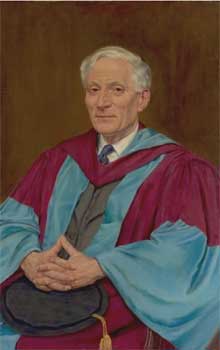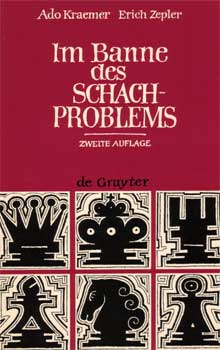Researchers from Electronics and Computer Science (ECS) at the University of Southampton are helping citizens across Europe to address the environmental impacts of light pollution. As part of the EU-funded STARS4ALL project, a group of astronomers are organizing expeditions to observe and broadcast astronomical phenomena such as solar eclipses, and the Aurora Borealis. Researchers from the ECS' Web and Internet Science group, are monitoring social media during those events and are looking for communities that emerged on Twitter, concentrating on the interaction and (cultural) diversity between citizen science volunteers and participants, to understand the success of such initiatives.
The outcome of this crowdsourcing research will help to design new apps and citizen science projects for individuals and communities to contribute data on light pollution in their locations, assure the quality of the data and monitor the health of those communities. The data will also be made available to schools for educational activities.
Dr Elena Simperl, Associate Professor in the Web and Internet Science group, comments: âLight pollution is an environmental problem that comes with urbanisation, with more and more people moving from the countryside into cities, and with our increased consumption of energy. We are working with communities that are concerned with this development in order to analyse big data that is collected from sensors and different environmental agencies. This will help us to understand how we could create light sensors that are better for the environment and better for the people who live in those areas as well. âThis requires a combination of crowd sourcing methods that motivate these concerned communities to engage with us, help us understand what the data is about and collect more data when we need it. Big data algorithms could then identify patterns and would allow us to, for instance, run a comparative analysis between phenomena that happen in different countries or different sizes to understand what causes changes in light pollution in different areas.â?
STARS4ALL is a collective awareness platform for promoting dark skies in Europe through Light Pollution Initiatives (LPIs). LPI are local or global working groups who fight against light pollution. For the first time, partners from information and communication technology, social science, economy, astronomy, and ecology will join forces and expertise to create self-sustainable light pollution initiatives. These initiatives will be addressing as many disciplines and domains as possible and will offer a platform for citizen science actions in order to increase the awareness of the various environmental problems of light pollution.
The project is funded by the European Union H2020 Programme and is composed of eight institutions (University of Southampton, Universidad Politécnica de Madrid (UPM), Universidad Complutense de Madrid (UCM), Instituto de AstrofÃsica de Canarias (IAC), Leibniz Institute of Freshwater Ecology and Inland Fisheries (IGB), CEFRIEL Italy, the European Crowdfunding Network (ECN) and ESCP Europe) from six countries.
The STARS4ALL project website: http://www.stars4all.eu/
The above image shows the totality path (blue lines) of the Eclipse on 9 March 2016, according to data from NASA. The green dot (GE) indicates where the duration of the eclipse is maximum (4m09s). The observation point of the STARS4ALL expedition Shelios 2016 was Palu (Indonesia, see map expedition, red dot). Image courtesy NASA and Google (eclipse interactive map).






